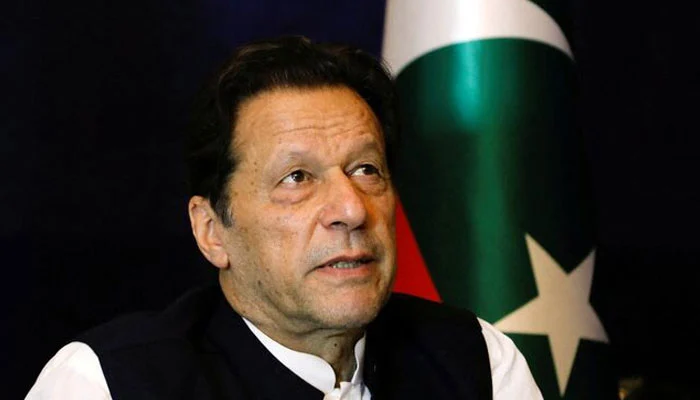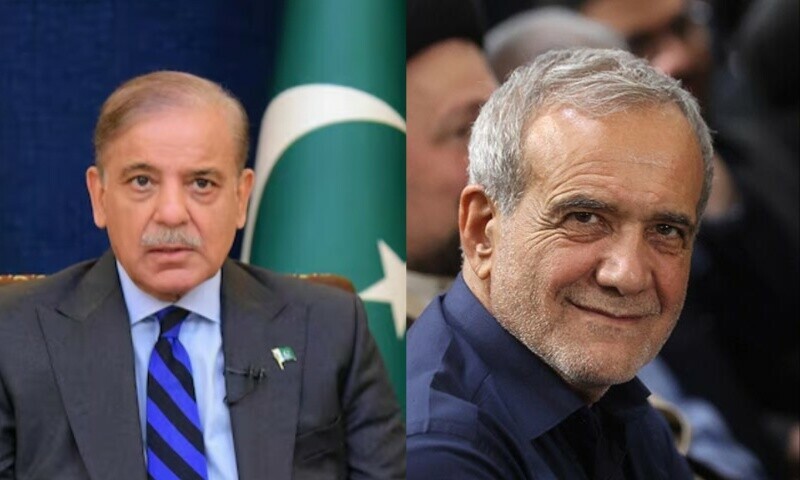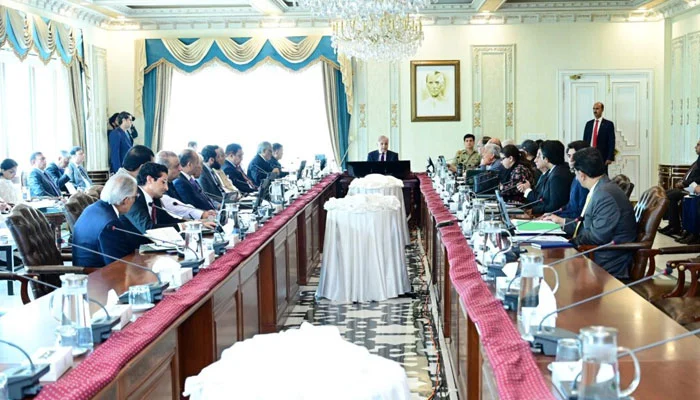
Russia’s President Vladimir Putin, meanwhile, warned that if Western forces intervene in Ukraine, they will face a “lightning-fast” military response.
“We have all the tools for this, that no one else can boast of having,” he told lawmakers, implicitly referring to Moscow’s ballistic missiles and nuclear arsenal.
“We won’t boast about it: we’ll use them, if needed. And I want everyone to know that,” he said. “We have already taken all the decisions on this.” The dire threats came as Moscow claimed to have carried out a missile strike in southern Ukraine to destroy a “large batch” of Western-supplied weapons.
As the war, which has already claimed thousands of lives, entered its third month, Kyiv conceded that Russian forces had made gains in the east.
Russia’s military offensive saw it capture a string of villages in the Donbas region, now the immediate target of its invasion force. And in its economic standoff with the West, Moscow cut off gas supplies to Bulgaria and Poland, two EU and Nato members backing Ukraine in the conflict.
In Brussels, Ursula von der Leyen, the president of the European Commission, insisted that EU member states were ready for the move.She described the announcement by Russia’s state energy giant Gazprom as “another provocation from the Kremlin” that would be countered.
“It comes as no surprise that the Kremlin uses fossil fuels to try to blackmail us… Our response will be immediate, united and coordinated.
“Both Poland and Bulgaria are now receiving gas from their EU neighbours,” she said. “The era of Russian fossil fuels in Europe will come to an end.” European powers have imposed massive sanctions on Russia since Putin’s decision to invade his neighbour, while shipping weapons to Ukraine’s defenders.
But they have moved slowly on hitting Moscow’s vast gas exports, with many EU members — notably industrial giant Germany — reliant on Russian energy to keep their lights on.
Putin has attempted to turn up the pressure by insisting that Russia will only accept payments for gas in rubles — hoping to force his foes to prop up his currency.
Gazprom announced the halt of gas to both Poland and highly dependent Bulgaria, saying it had not received payment in rubles from the two EU members.
But von der Leyen said that “about 97 percent” of all EU contracts explicitly stipulate payments in euros or dollars — and warned importing firms off paying in rubles.
“This would be a breach of the sanctions,” she told reporters.
Moscow defended its demand that western customers buy rubles, saying that sanctions against its central bank had forced it to rebuild its foreign reserves.






